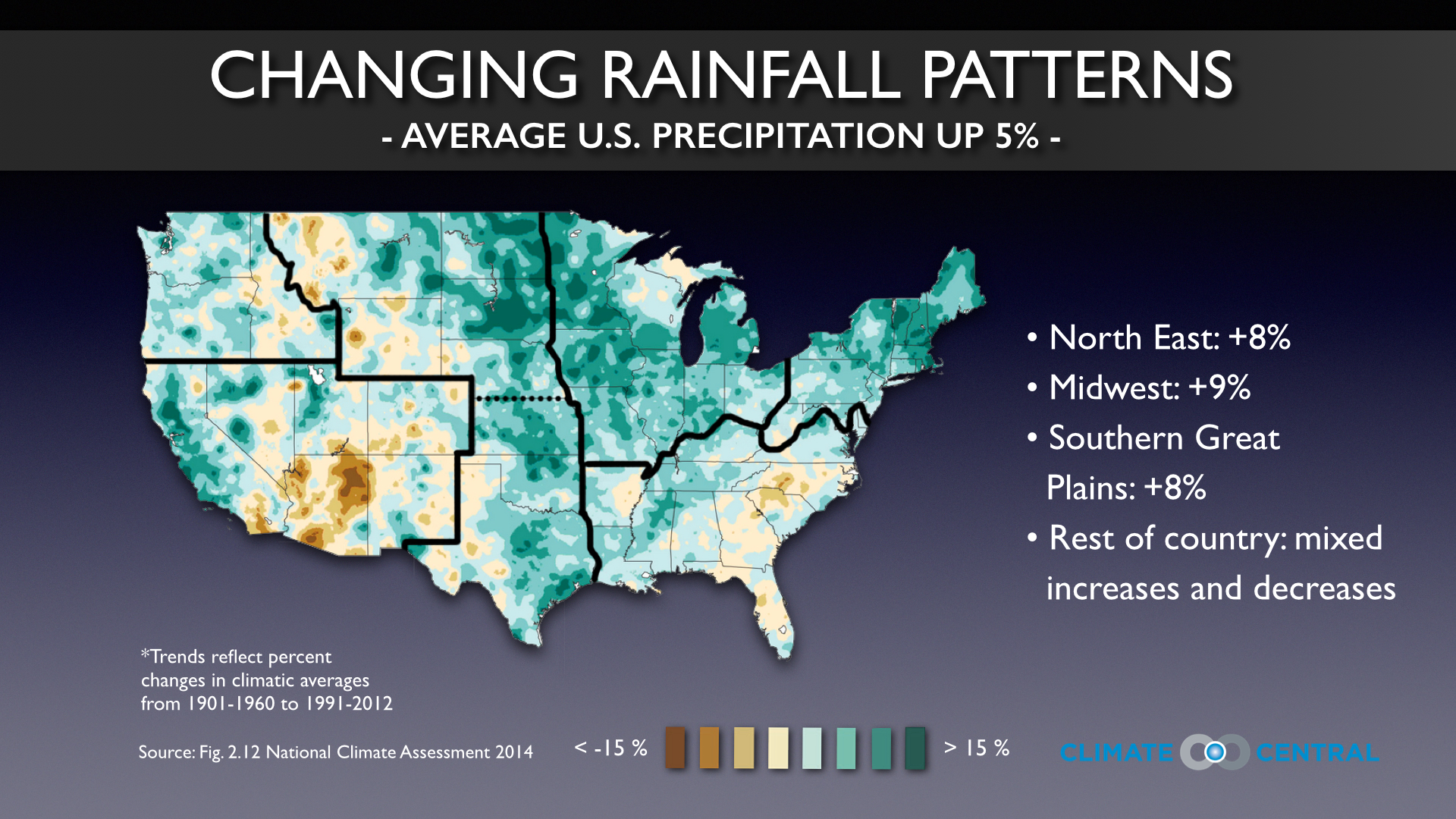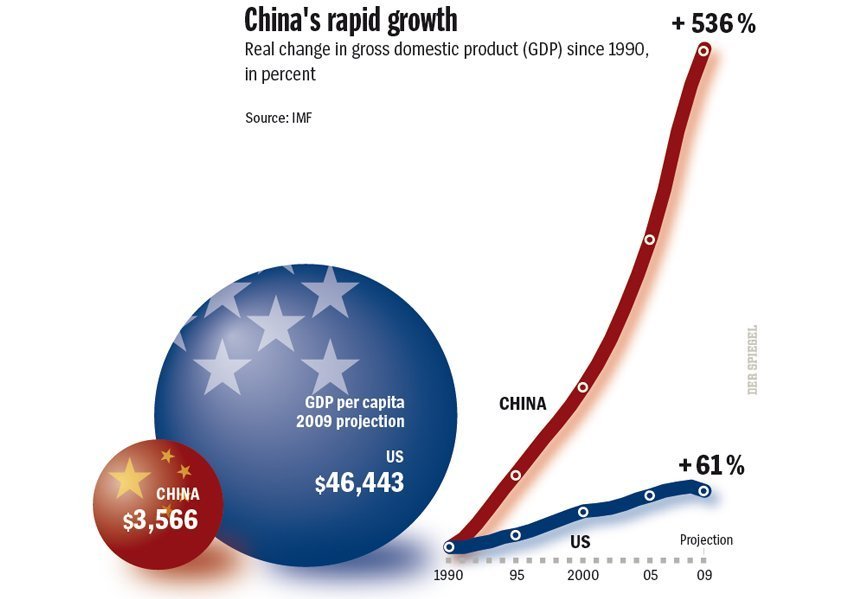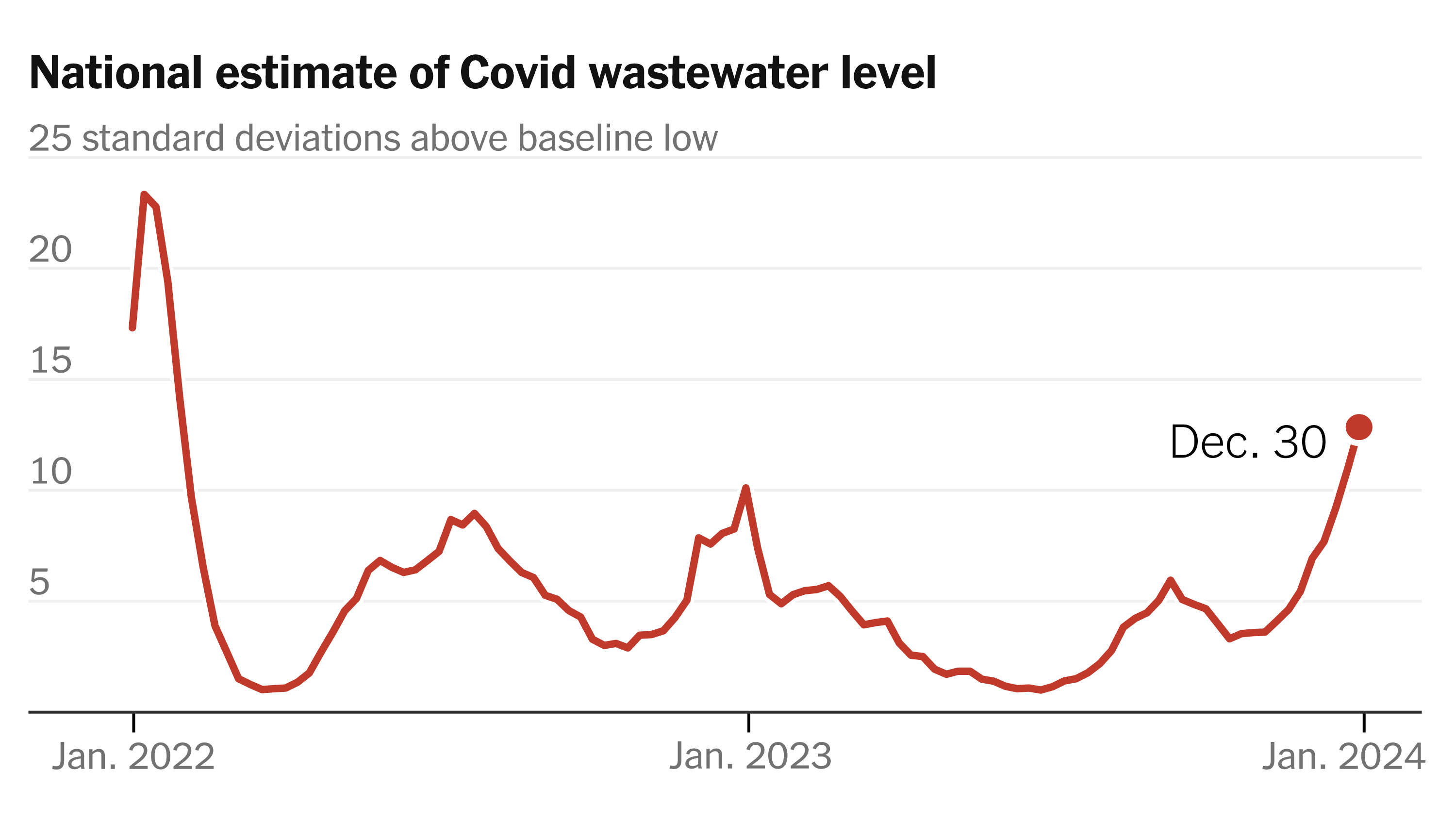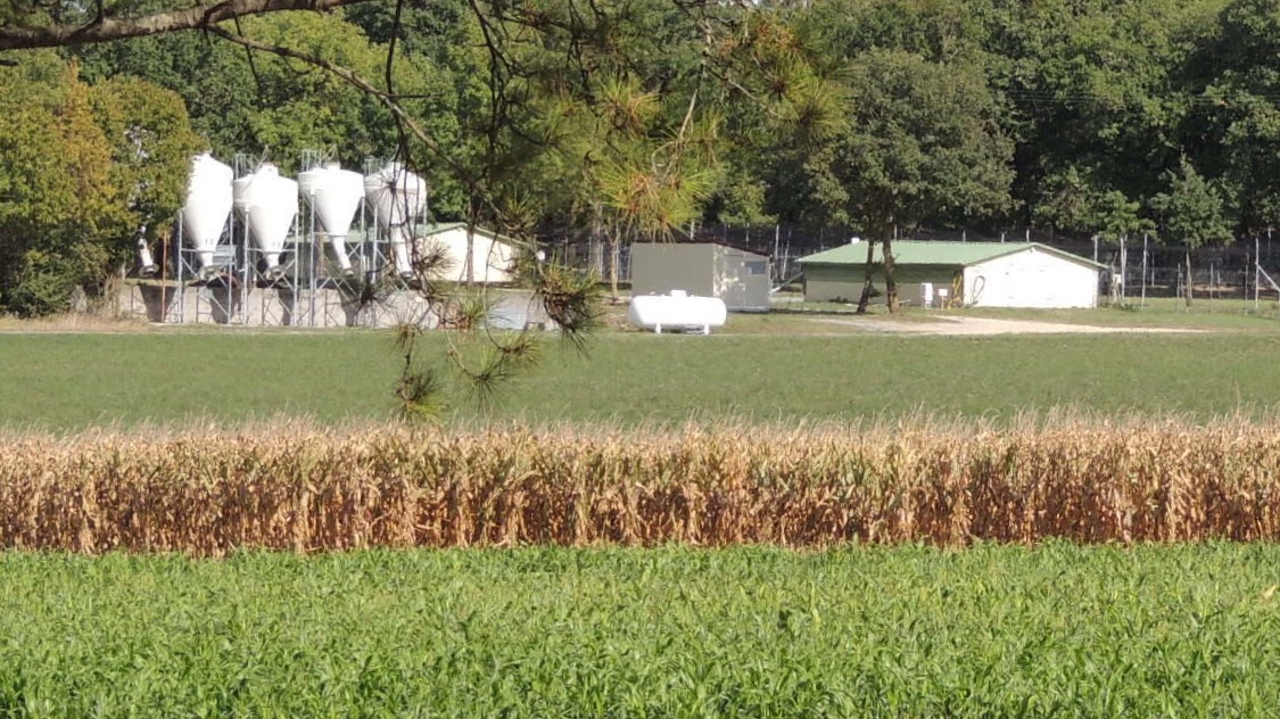Climate Change's Effect On Rainfall: A Western Massachusetts Focus

Table of Contents
Increased Frequency and Intensity of Extreme Rainfall Events
Climate change is intensifying the water cycle, leading to more intense rainstorms. Warmer temperatures increase atmospheric moisture, resulting in heavier downpours over shorter periods. This translates to a heightened risk of flooding across Western Massachusetts. The region's topography, with its numerous rivers and streams flowing through valleys, exacerbates this risk.
- Higher average precipitation totals: While overall annual rainfall might not dramatically decrease, the distribution is shifting, leading to greater totals in shorter, more intense events.
- More frequent flash floods: Sudden, overwhelming rainfall overwhelms drainage systems, causing flash floods that damage property, disrupt transportation, and endanger lives. Recent news reports highlight several instances of this in towns like Northampton and Greenfield.
- Increased erosion and damage to infrastructure: The force of intense rainfall causes significant erosion, damaging roads, bridges, and other critical infrastructure. The cost of repairs and preventative measures is substantial.
- Negative impacts on agriculture and water resources: Heavy rainfall can lead to soil saturation, hindering crop growth and damaging fields. Furthermore, contaminated runoff from flooded areas pollutes water sources, impacting drinking water quality and aquatic ecosystems. Local farmers are increasingly reporting difficulties due to these unpredictable weather patterns.
Changes in Seasonal Rainfall Distribution
Climate change is also altering the seasonal distribution of rainfall in Western Massachusetts. We're seeing shifts towards drier summers and wetter springs, disrupting established ecological balances.
- Longer periods of drought in summer months: Increased evaporation due to higher temperatures leads to prolonged periods of drought, stressing crops, forests, and water resources. This creates challenges for farmers and increases wildfire risk.
- Increased risk of wildfires due to dry conditions: The combination of higher temperatures and drier summers creates ideal conditions for wildfires, threatening both natural habitats and human communities.
- Impact on water resource management strategies: Water management systems designed for historical rainfall patterns are struggling to cope with the new reality of prolonged droughts followed by intense rainfall events. This necessitates a reevaluation of water management policies and infrastructure.
- Changes in the timing of plant growth cycles: Shifts in rainfall patterns disrupt the natural timing of plant growth, affecting both agricultural yields and the timing of flowering and fruiting in native plant species.
The Impact on Western Massachusetts Ecosystems
The altered rainfall patterns are having a significant impact on Western Massachusetts's diverse ecosystems. The delicate balance of forests, wetlands, and other habitats is being disrupted.
- Impact on forest health and growth: Prolonged droughts weaken trees, making them more susceptible to disease and pests. Conversely, intense rainfall events can lead to soil erosion and damage to root systems.
- Changes in wetland hydrology and biodiversity: Wetlands, crucial for biodiversity, are particularly vulnerable to changes in rainfall. Both excessive drying and flooding can negatively impact the flora and fauna that depend on these ecosystems.
- Effects on local flora and fauna: Many plant and animal species are adapted to specific rainfall patterns. Changes in rainfall can lead to range shifts, population declines, or even local extinctions.
- Increased vulnerability to invasive species: Changes in rainfall patterns can create conditions that favor invasive species, which can outcompete native plants and animals, further disrupting the ecosystem.
Mitigation and Adaptation Strategies for Western Massachusetts
Addressing Climate Change's Effect on Rainfall requires a two-pronged approach: mitigating greenhouse gas emissions and adapting to the changes already underway.
- Investing in renewable energy sources: Transitioning to renewable energy sources like solar and wind power is crucial for reducing greenhouse gas emissions, the primary driver of climate change.
- Implementing sustainable water management practices: Improving water storage, conservation, and efficiency is essential for coping with both droughts and floods. This includes rainwater harvesting and improving irrigation techniques.
- Developing drought-resistant landscaping and agriculture: Choosing drought-resistant plants for landscaping and adopting drought-tolerant agricultural practices will lessen the impact of drier summers.
- Improving infrastructure resilience to extreme weather events: Investing in infrastructure designed to withstand more intense rainfall events, including improved drainage systems and flood defenses, is critical.
- Community education and outreach programs: Educating the public about the impacts of climate change and promoting individual actions to reduce emissions and conserve water is vital for collective action.
Conclusion: Understanding and Addressing Climate Change's Effect on Rainfall in Western Massachusetts
Climate Change's Effect on Rainfall in Western Massachusetts is undeniable. Increased intensity of rainfall events, altered seasonal distribution, and significant ecosystem impacts are already being observed. Addressing this challenge requires immediate action at both individual and community levels. We must urgently reduce greenhouse gas emissions through a transition to clean energy and adapt to the changing climate through sustainable water management and improved infrastructure. Support climate-friendly initiatives, conserve water, support local farmers using sustainable practices, and contact your elected officials to advocate for policies that address Climate Change's Effect on Rainfall and build a more resilient future for Western Massachusetts. Let's work together to protect our beautiful region and its precious resources.

Featured Posts
-
 The Us Military Industrial Complex A Comparison With Chinas Rapid Growth
May 31, 2025
The Us Military Industrial Complex A Comparison With Chinas Rapid Growth
May 31, 2025 -
 Covid 19 Case Rise Who Investigates Potential New Variant
May 31, 2025
Covid 19 Case Rise Who Investigates Potential New Variant
May 31, 2025 -
 Xbb 1 16 Variant Surge A Look At The Recent Rise In Covid 19 Cases In India
May 31, 2025
Xbb 1 16 Variant Surge A Look At The Recent Rise In Covid 19 Cases In India
May 31, 2025 -
 Get Ready For Fatal Fury Boxing In Riyadh This May
May 31, 2025
Get Ready For Fatal Fury Boxing In Riyadh This May
May 31, 2025 -
 Sanofi Ne Doit Pas Vendre Son Usine D Amilly Appel A La Mobilisation
May 31, 2025
Sanofi Ne Doit Pas Vendre Son Usine D Amilly Appel A La Mobilisation
May 31, 2025
